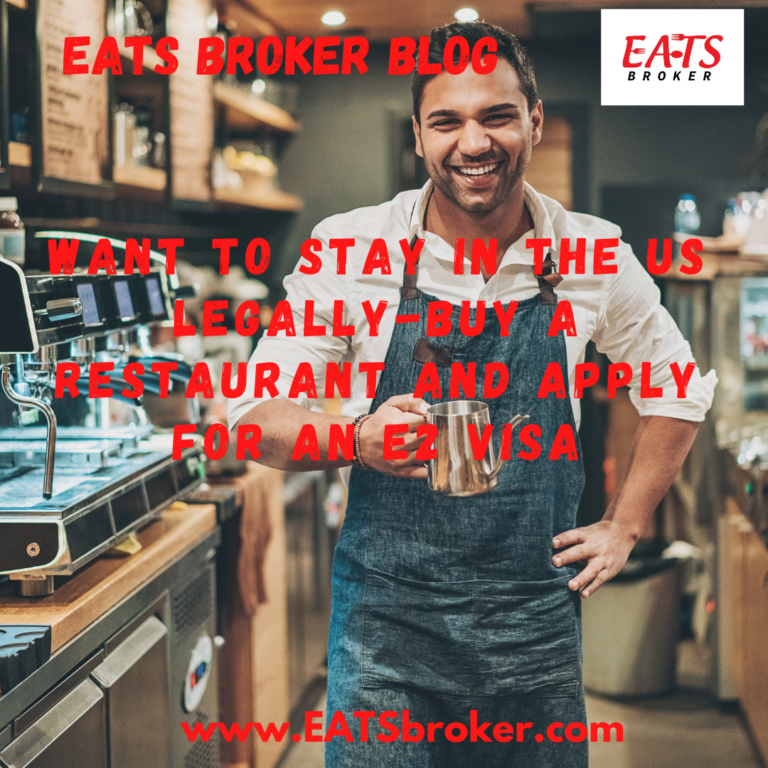
Want to stay in the US legally-Buy a Restaurant and apply for an E2 Visa
Why are E2 Visa purchases popular for people outside the United States who want to enter the Country legally? EATS Broker loves working with individuals

Why are E2 Visa purchases popular for people outside the United States who want to enter the Country legally? EATS Broker loves working with individuals
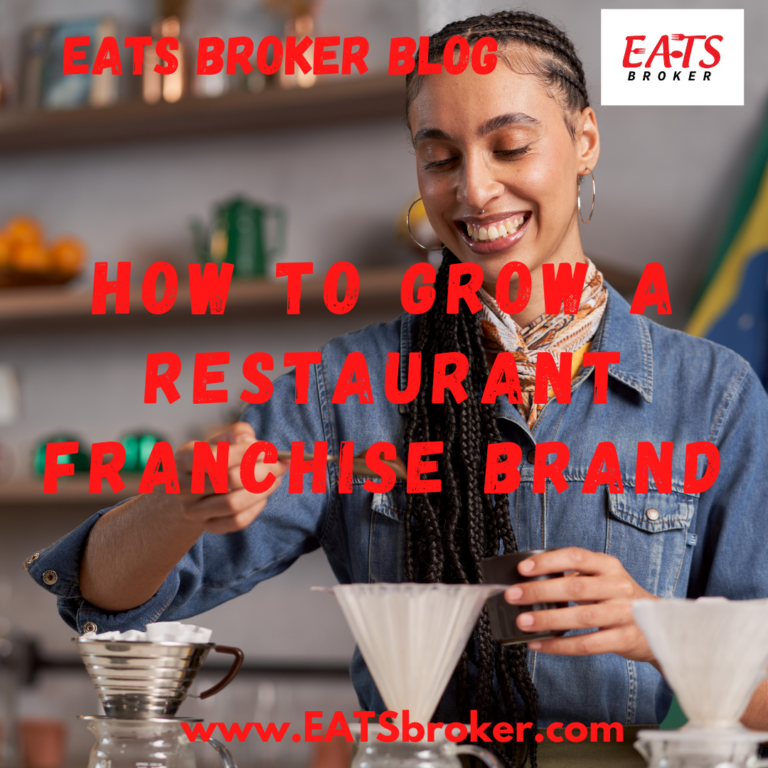
Franchisors are always looking for ways to Grow a Restaurant Franchise Brand, and growth strategies can fluctuate. The strategy can depend on whether the Restaurant
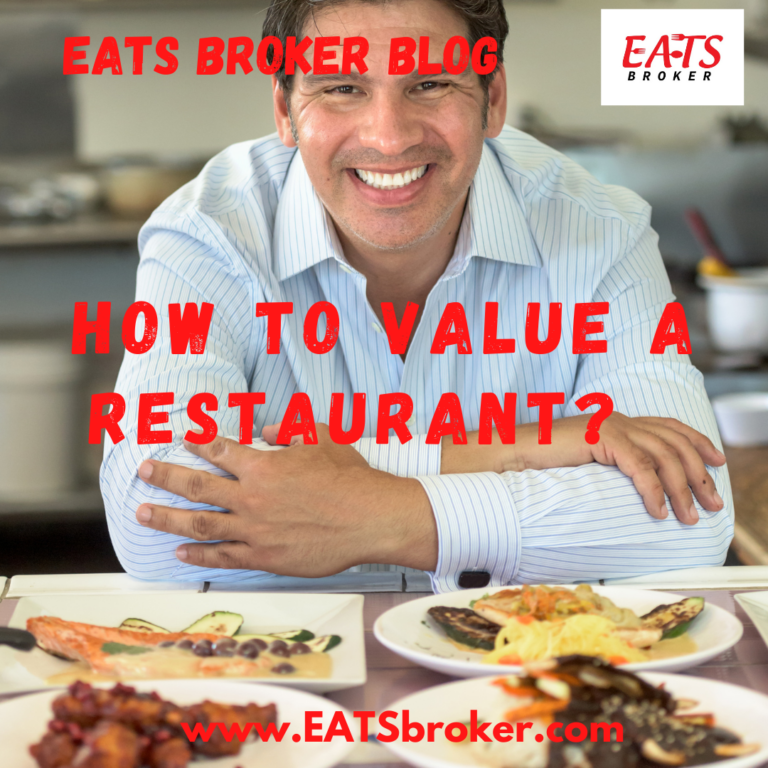
Around the beginning of the year, restaurant owners who are considering selling want to know how to value a restaurant. The first step to defining

The best way to market your restaurant for sale is to hire a Restaurant Business Broker, but if you decide to do a for-sale-by-owner, keep
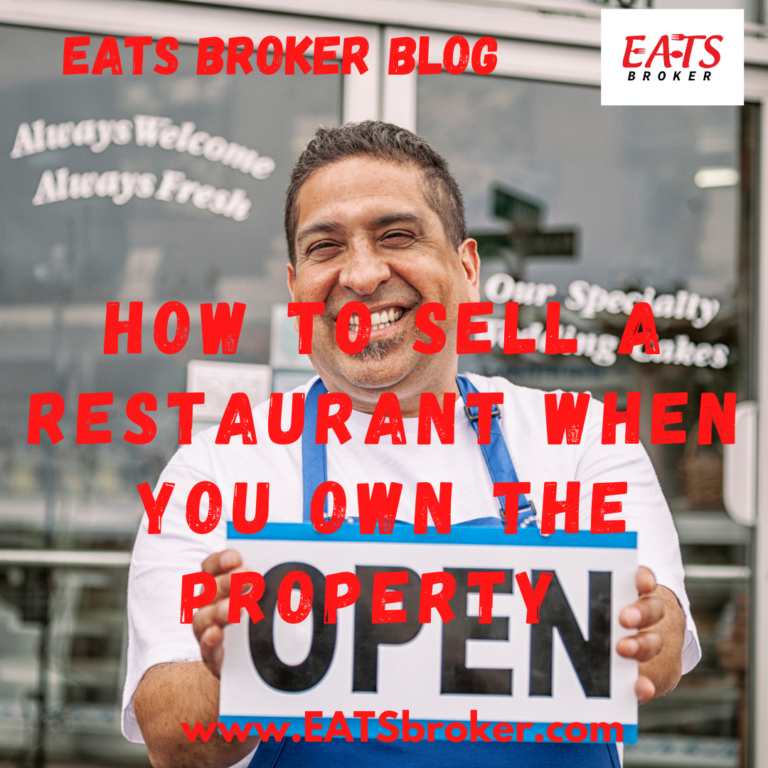
Selling a restaurant when you own the property allows a restaurant owner to decide on the sale structure. When selling a restaurant, there are different
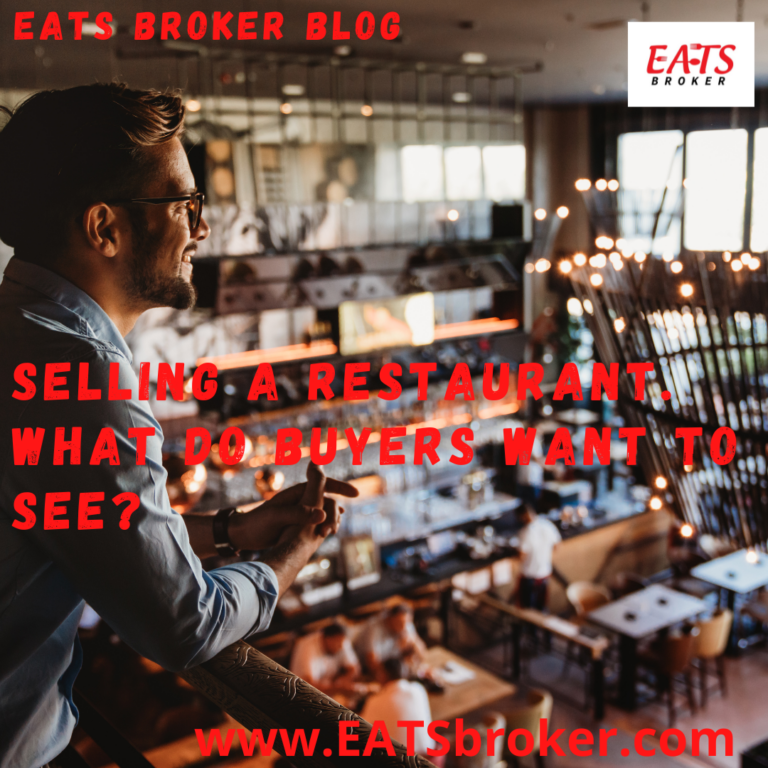
It’s a busy time of year for buyers looking to buy a restaurant. What do buyers want to see when they inquire about a restaurant?
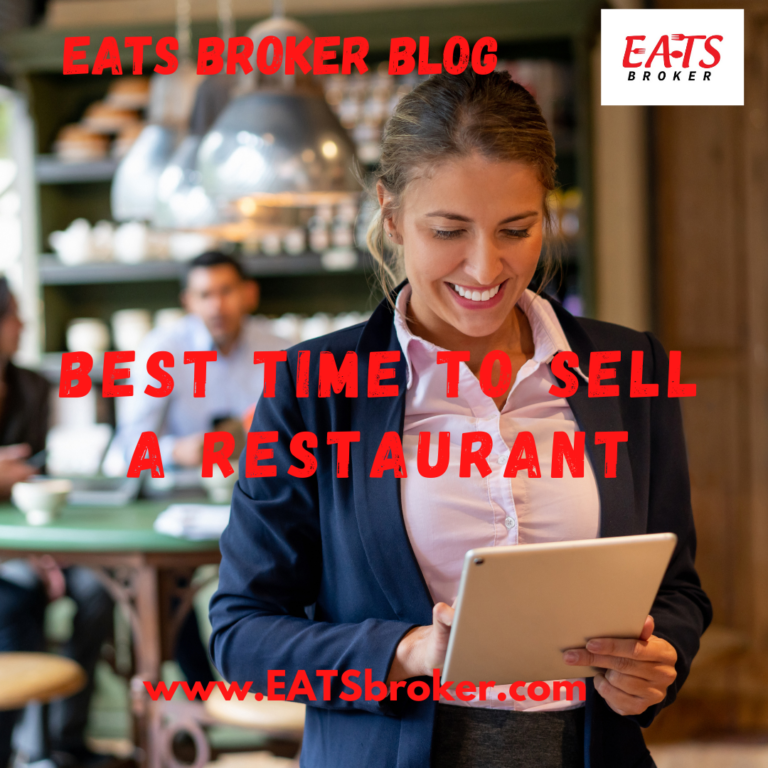
The best time to sell a restaurant is January through April. During this time, Restaurant Brokers see an increase in buyer inquiries. A new year
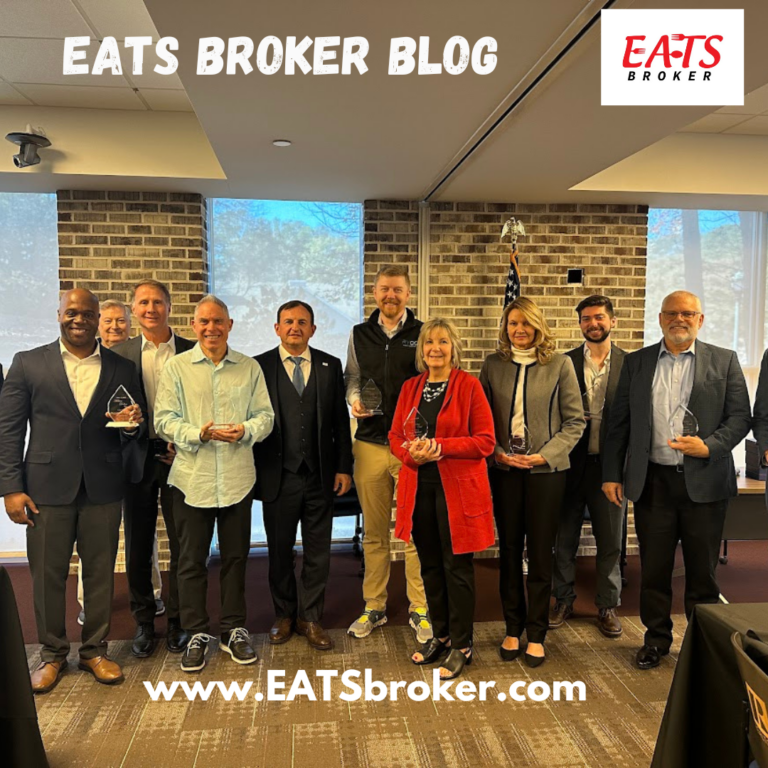
Atlanta, Georgia – December 6th, 2024 – Dominique Maddox, Founder and President of EATS Broker, has achieved a significant milestone in his career by being
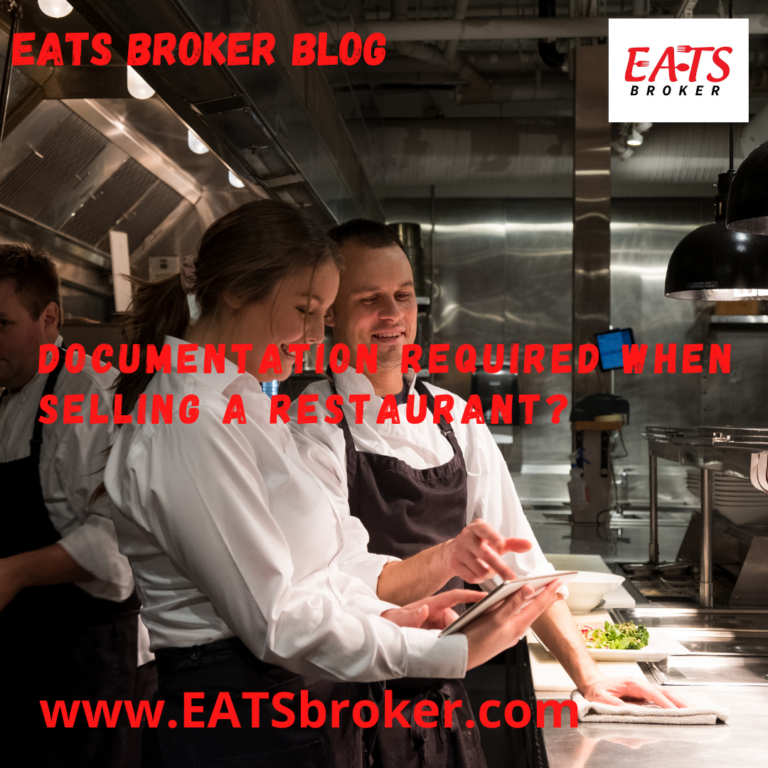
The Documentation required when selling a restaurant can depend on several factors. Once the buyer’s offer is accepted, the restaurant owner starts to think about

© Copyright 2025 EATS Broker | Consumer Protection Notice | Information About Brokerage Services